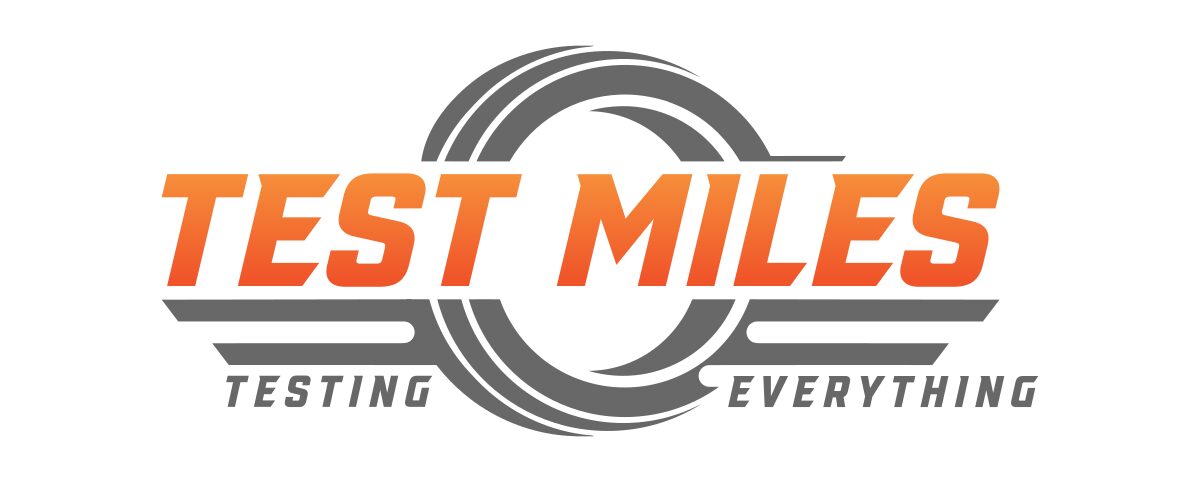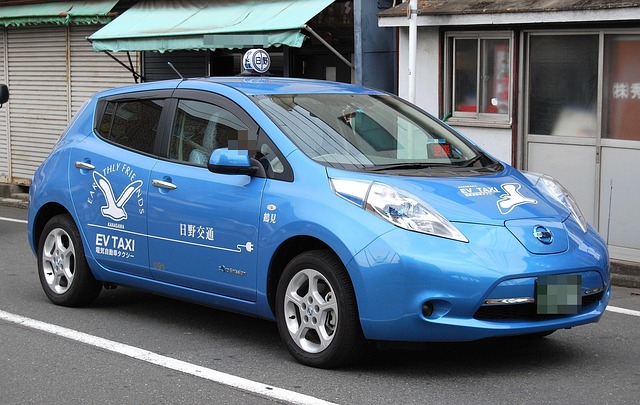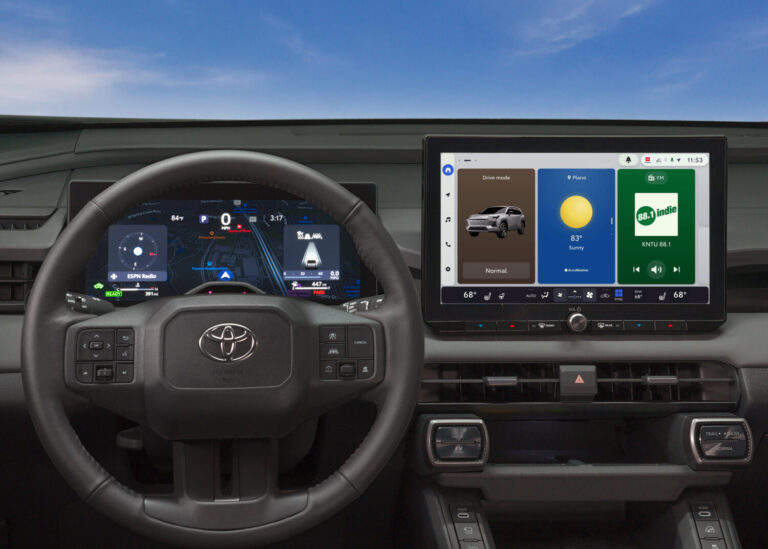Nissan Leaf Remote Hack Sparks Alarming EV Security Debate
A newly exposed vulnerability in the Nissan Leaf allows hackers to remotely access critical systems, igniting serious questions about the cybersecurity of electric vehicles.
Why does this car matter right now?
Because it just got hacked. Quietly. Remotely. And without so much as a digital fingerprint.
Security researchers have uncovered a glaring flaw in the Nissan Leaf’s telematics system—one that lets hackers access climate control, battery status, and potentially more, using just a vehicle identification number. No passwords. No physical access. Just a VIN and an internet connection.
In a world careening toward full electrification, this isn’t a footnote. It’s a warning flare. EVs are rolling computers. And the Leaf, once celebrated for democratizing the electric car, is now an unintended case study in how that tech-first approach can go wrong.

How does it compare to rivals?
It doesn’t. And that’s the problem.
Tesla’s cybersecurity protocols may draw their share of criticism, but even they require authentication layers for remote access. The same goes for Ford, GM, and Hyundai’s connected car systems.
What Nissan allowed, inadvertently or not, is a system that responds to anonymous internet traffic. Researchers showed how a simple script could cycle through VINs and trigger commands. While this particular exploit targets non-driving functions—think air conditioning, charging data, and range tracking—the implications are sobering.
Consider how a bad actor might use this. A coordinated attack could drain EV batteries across a city. Turn on heaters overnight. Or simply track your movements without you ever knowing. It’s not just about tech. It’s about trust.

Who is this for—and who should skip it?
If you own a Nissan Leaf built between 2011 and 2017, you should absolutely care. These are the affected models, and while Nissan claims the issue has been “addressed,” the transparency around how is, shall we say, lacking.
This story also matters to policymakers. If the Leaf—a mass-market EV from one of the world’s largest automakers—can be compromised this easily, what does that say about regulatory oversight? Current vehicle cybersecurity standards are largely voluntary. This hack may tip the scales toward mandatory ones.
For EV shoppers, it’s not a reason to run from electric cars. But it’s a sharp reminder to ask different questions. Not just “How far does it go?” or “What’s the tax credit?” But: “How is this protected?” “What happens if the app gets spoofed?” “What kind of cybersecurity patch cycle does the manufacturer follow?”

What’s the long-term significance?
This incident cracks open a broader, messier conversation. Car companies are becoming tech companies. But unlike Apple or Google, they’ve never had to secure platforms at scale. Many outsource their software development. Few disclose how they test for vulnerabilities. And none are immune to shortcuts.
The Leaf hack shows how one well-intentioned feature—remote monitoring—can turn into an attack vector. It also demonstrates how little scrutiny these systems get until researchers shine a flashlight in the right direction.
Regulators have been playing catch-up for years. The U.S. currently lacks unified rules for automotive cybersecurity, though the National Highway Traffic Safety Administration (NHTSA) has issued guidance. In Europe, UNECE WP.29 standards are pushing automakers to implement cybersecurity management systems, but enforcement is uneven.
In the meantime, consumers are left in the lurch. Nissan says they’ve “discontinued” the affected APIs and insist no customer data was stolen. That’s fine, but it doesn’t address the root issue: Why were these systems accessible without authentication in the first place?
The takeaway isn’t to vilify Nissan. It’s to demand better. From every automaker. Every software vendor. And yes, every regulator. The Leaf won’t be the last vehicle to be hacked. But it should be the last to be this easy.
Like what you’ve read? Stay in the driver’s seat with more insider automotive insights. Follow @NikJMiles and @TestMiles for stories that go beyond the press release.







